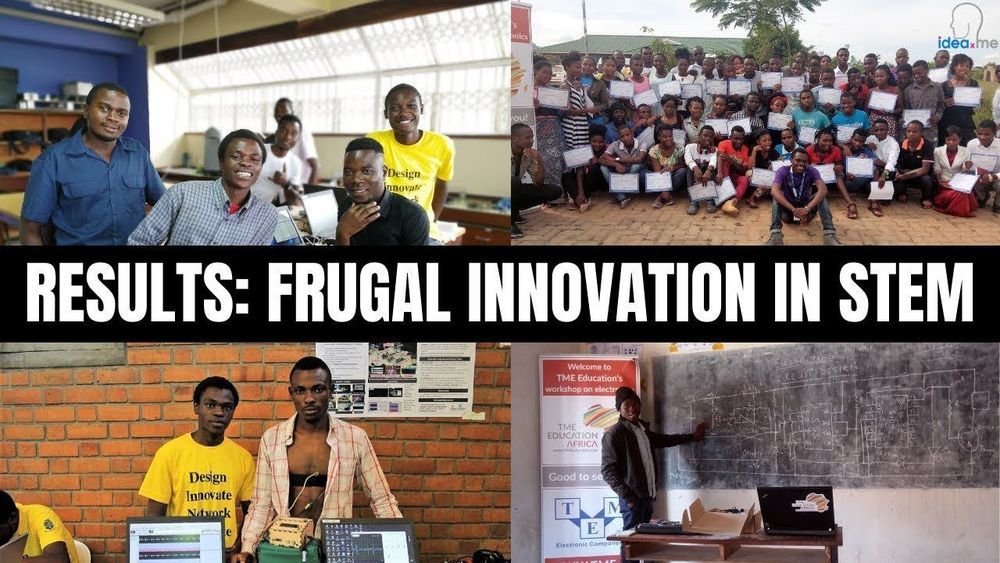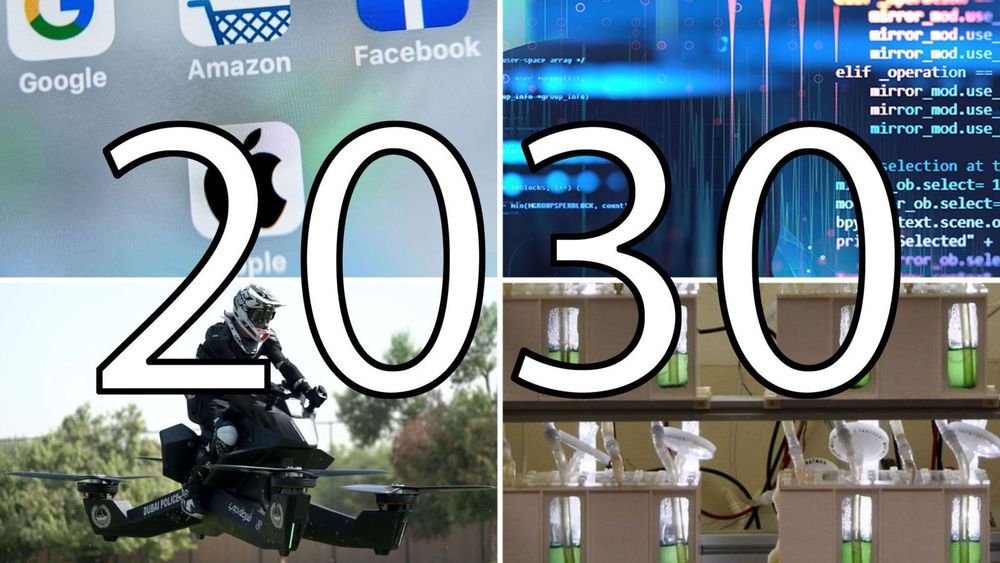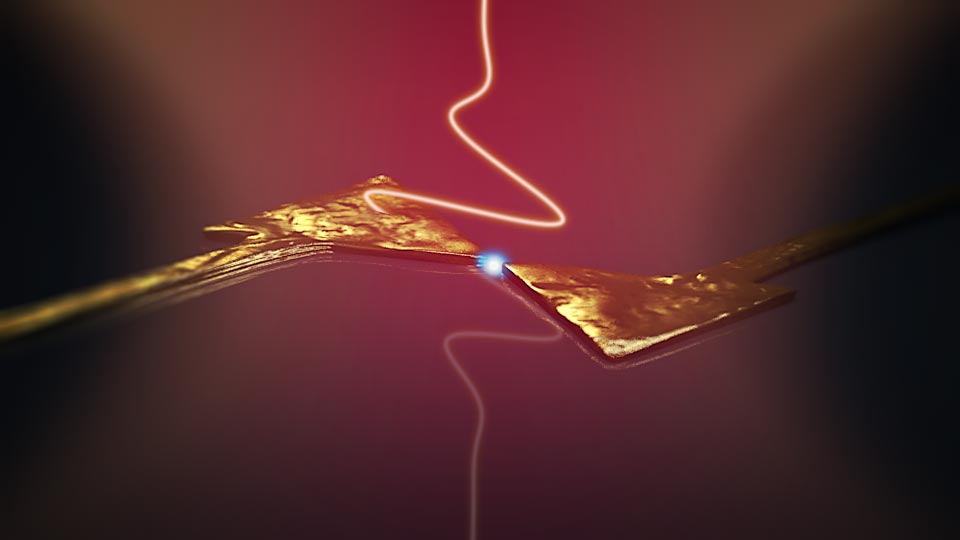Jan 16, 2020
360 Video: Go on a Mission With Zipline’s Delivery Drones
Posted by Genevieve Klien in categories: biotech/medical, computing, drones, mobile phones, virtual reality
With 360 video, IEEE Spectrum takes you behind the scenes with one of the world’s first drone-delivery companies. Zipline, based in California, is using drones to deliver blood to hospitals throughout Rwanda. At an operations center in Muhanga, you’ll watch as Zipline technicians assemble the modular drones, fill their cargo holds, and launch them via catapult. You’ll see a package float down from the sky above a rural hospital, and you’ll get a closeup look at Zipline’s ingenious method for capturing returning drones.
You can follow the action in a 360-degree video in three ways: 1) Watch on your computer, using your mouse to click and drag on the video; 2) watch on your phone, moving the phone around to change your view; or 3) watch on a VR headset for the full immersive experience.
Continue reading “360 Video: Go on a Mission With Zipline’s Delivery Drones” »

















